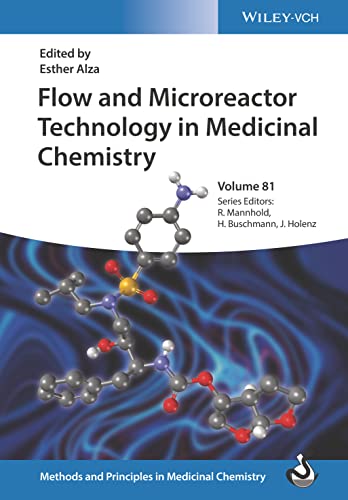

Most ebook files are in PDF format, so you can easily read them using various software such as Foxit Reader or directly on the Google Chrome browser.
Some ebook files are released by publishers in other formats such as .awz, .mobi, .epub, .fb2, etc. You may need to install specific software to read these formats on mobile/PC, such as Calibre.
Please read the tutorial at this link: https://ebookbell.com/faq
We offer FREE conversion to the popular formats you request; however, this may take some time. Therefore, right after payment, please email us, and we will try to provide the service as quickly as possible.
For some exceptional file formats or broken links (if any), please refrain from opening any disputes. Instead, email us first, and we will try to assist within a maximum of 6 hours.
EbookBell Team

4.3
58 reviewsLearn to master a powerful technology to enable a faster drug discovery workflow
The ultimate dream for medicinal chemists is the ability to synthesize new drug-like compounds with the push of a button. The key to synthesizing chemical compounds more quickly and accurately lies in computer-controlled technologies that can be optimized by machine learning. Recent developments in computer-controlled automated syntheses that rely on miniature flow reactors—with integrated analysis of the resulting products—provide a workable technology for synthesizing new chemical substances very quickly and with minimal effort.
InFlow and Microreactor Technology in Medicinal Chemistry, early adopters of this ground-breaking technology describe its current and potential uses in medicinal chemistry. Based on successful examples of the use of flow and microreactor synthesis for drug-like compounds, the book introduces current as well as emerging uses for automated synthesis in a drug discovery context. Flow and Microreactor Technology in Medicinal Chemistryreaders will also find: Flow and Microreactor Technology in Medicinal Chemistryisa valuable practical reference for medicinal chemists, organic chemists, and natural products chemists, whether they are working in academia or in the pharmaceutical industry.